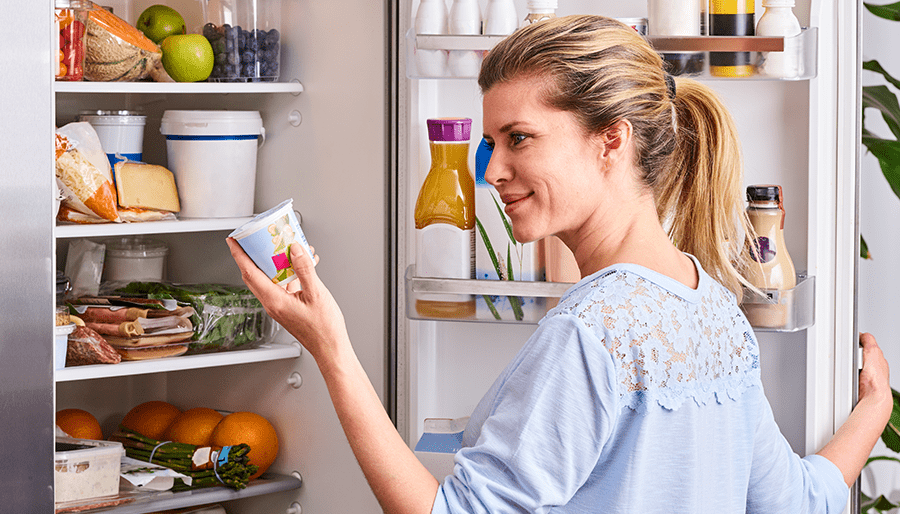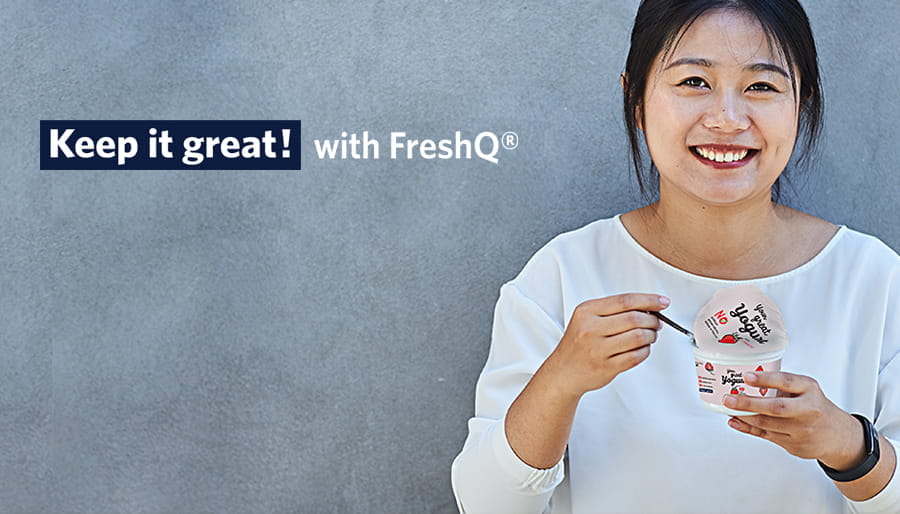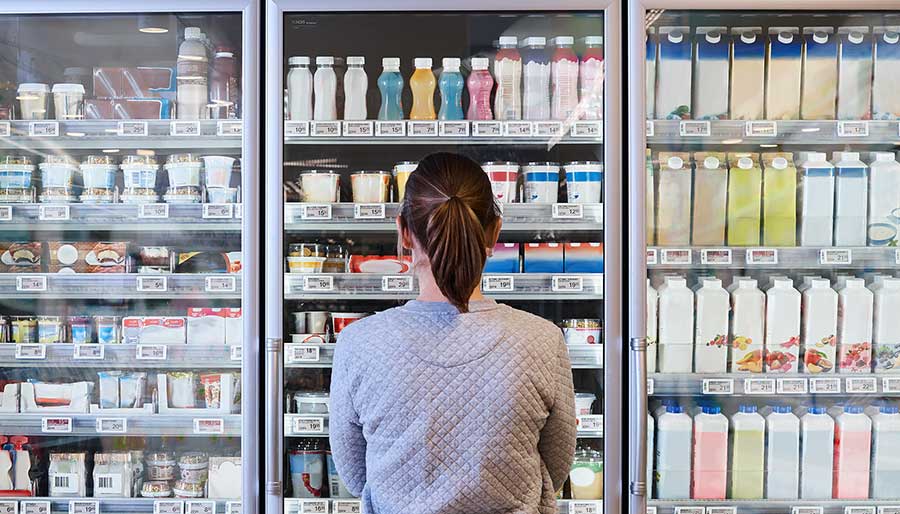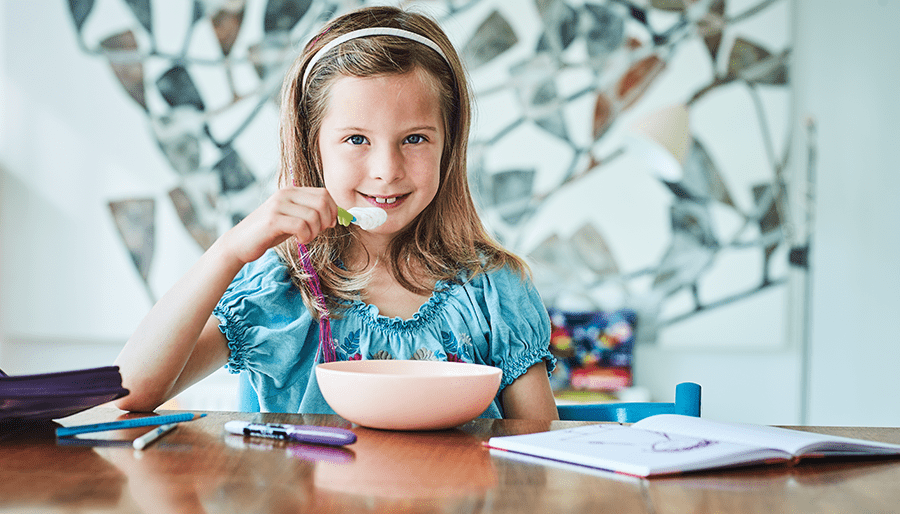Innovation enables new ideas to become reality in areas that have never been traversed before. In order to test a truly innovative concept within the marketplace, companies must sometimes imagine beyond where the market is and help consumers to do the same.
In response to growing interest in consuming more sustainably, we at Chr. Hansen decided to do something unprecedented: we created a concept for a product that doesn’t exist yet and gauged consumer interest in it, through a survey administered in several countries around the world. In particular, we sought to better understand consumer interest in greater innovation around food products designed to fight food waste.
As part of this effort, we created a new idea for a food product – one where the product would actively claim its role in helping to “fight food waste” on its packaging. The concept was developed as an unbranded, clean-label fermented milk product, sold in packaging whose appearance was typical to the local test market. From there, we tested the idea with a representative sample of yogurt consumers. We observed the following results:
- When asked what they liked about this new product concept, survey respondents stated that they were impressed by the promise of natural ingredients, the lack of artificial preservatives, and the promise to fight food waste.
- 32% of Spanish respondents expressed a willingness to make a trial purchase of this product, which ranks it in the top 25% of all concepts tested within this market.
- This product also ranked in the top 25% of concepts tested in the Italian market, where 26% of all respondents expressed a willingness to make a trial purchase.
- 21% of French respondents stated they would be willing to make a trial purchase. These results did not rank this concept in the top 50% of those tested in this market, but suggest nonetheless a significant interest in reducing food waste among consumers.
These findings are impressive. While consumers are becoming more aware of the effects of their consumption on the environment, fighting food waste remains a relatively new idea – and certainly one that is rarely broached in the grocery store. We were pleased to discover that despite these potential obstacles, consumers understand the environmental problems related to food consumption and care about making food purchases that help to minimize food waste and reduce their environmental impact.
Taken together, these responses illuminate an exciting opportunity for the dairy industry. Producers that dare to come out in front, name these shared challenges, and offer products that help address them are more likely to catch the eye of the growing segment of consumers seeking to align their purchases with their values. Finding natural ways to extend shelf life and keep dairy products fresher for longer is a small change that producers can make to improve the consumer experience, reduce their environmental impact, and distinguish their products in a competitive market. With natural solutions like food cultures with bioprotective effect, the best choice can be the right choice, too.





